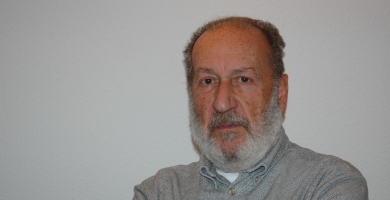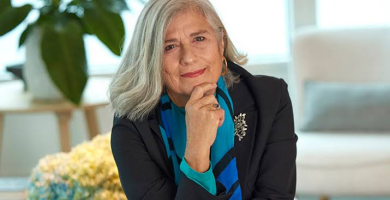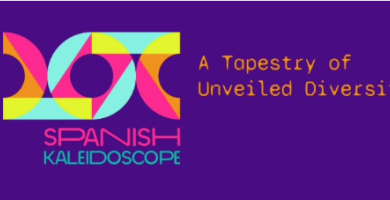
Josep Maria Forn: "The Catalan dream" is a poetic film about Catalonia".
The Catalan film director Josep Maria Forn will exhibit this coming September the film El somni català (The Catalan Dream), a particular vision of various events in the history of Catalonia from 1904 to the present. We have interviewed him to know more about this film.

What viewers will actually see in The Catalan Dream?
In this film I wanted to explain the history of Catalonia, starting in 1904 to the recent times. This is my view. I highlighted the role of some particular historical figures, such as Cambó, Macià or Companys.
Why chosing Ventura’s Gassol poetry to bind the film?
Ventura Gassol is an important figure in the Catalonian history, closely linked to Francesc Macià. His poetry rests unknown, but I really like it. Moreover, it is exactly the kind of poetry that reflects the message that I want to give out from this film. El somni català is a poetry film; also with political, social and economic references. From my point of view, the best moment of the film is the execution of Lluís Companys, while reciting the poem Les tombes flamejants (The flaming tombs).
Do you believe that producing movies is necessary to explain the history of Catalonia? Is it a good way to do it?
Obviously, I believe so. In this film, people will realize of the extraordinary historical similarities that exists since 1905 to the present. Through observing the recurrence of certain aspects (obviously each time with its particularity), the audience will understand the known as "Catalan problem". The current situation is a result of the evolution of Catalonia for over 100 years.
Is The Catalan dream a tour through the most recent Catalonian history?
Of course! I use film to tell the history of Catalonia and to understand the current situation. My personal experience is also present in the final result of the film, as I have been firsthand specator of many sequences.
What shots have been filmed already in Barcelona?
In this last part of filming in Barcelona we have shot a few images of Sant Jaume Square and also from the roof of the City Council, because we wanted to have visual references of the city, and more specifically of the building of the Government, la Generalitat. We also have shot in the Parc de la Ciutadella, where we have filmed the Parliament of Catalonia.
Which role plays Barcelona in the film?
Barcelona is very present at the film; I really think that is character itself. In the film there are not only current images of the city, but also its transformation over the years.
What do you think about the work of the Barcelona Film Commission when filming in the city?
BFC's work has been very effective and has helped us in the process, to speed up our work and especially in the processing of obtaining filming permits. The task of coordination made from the Barcelona Film Commission is really useful, because they really understand what the difficulties of a shooting are.









